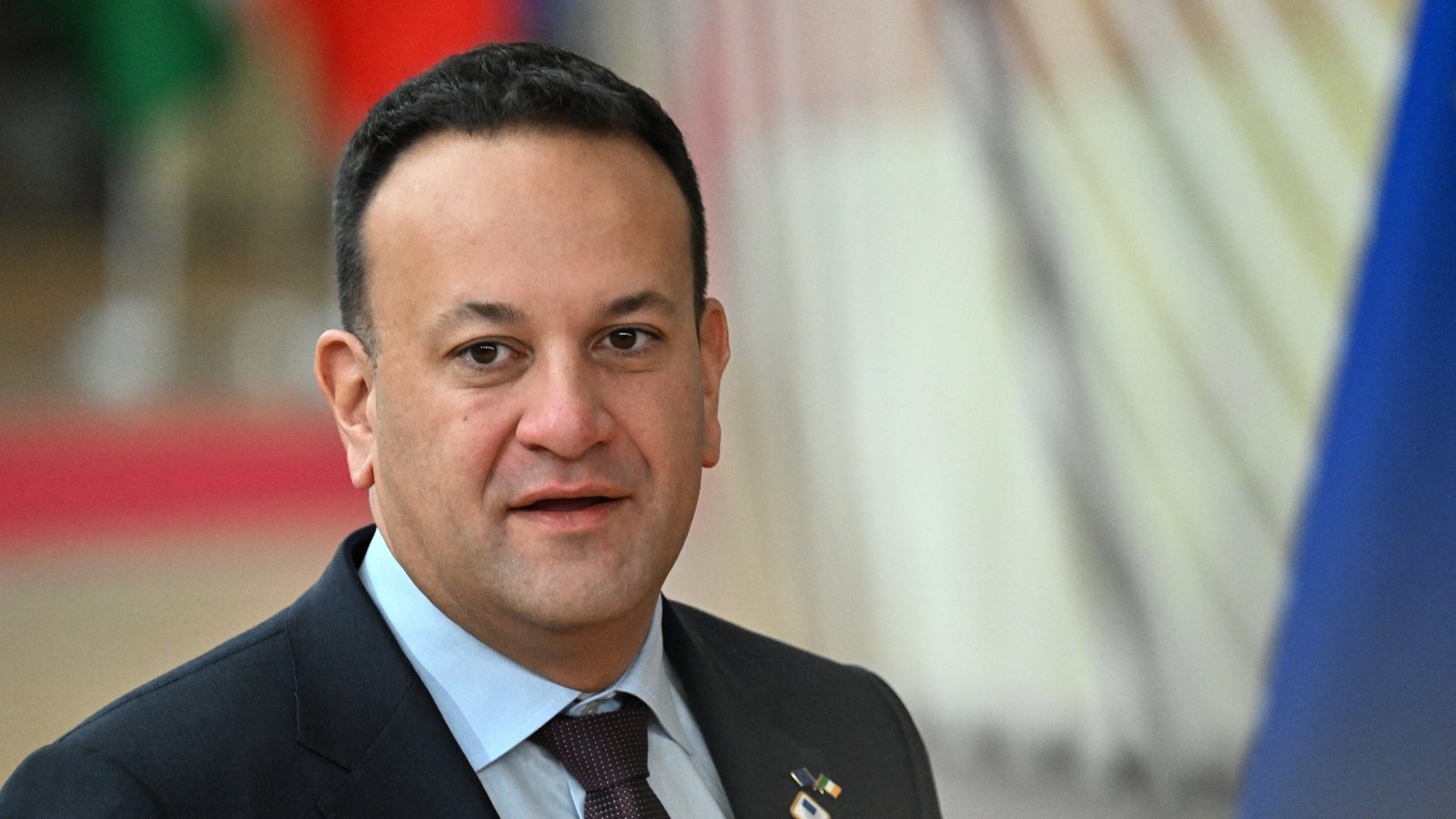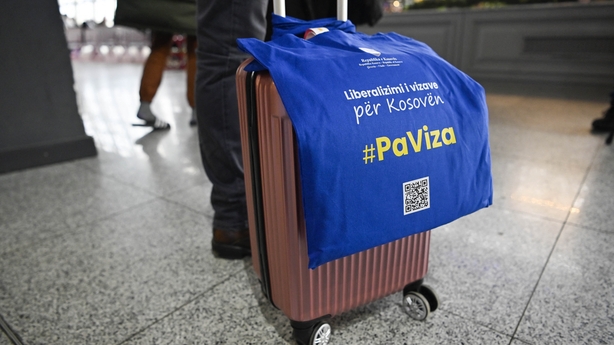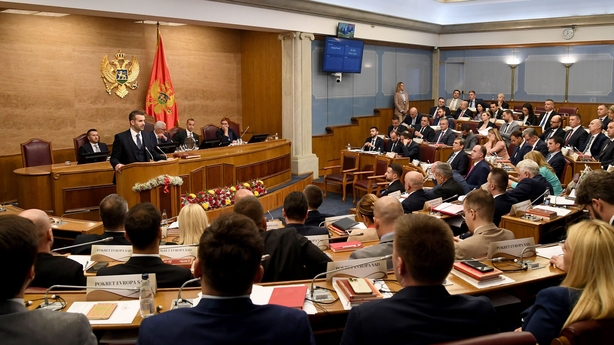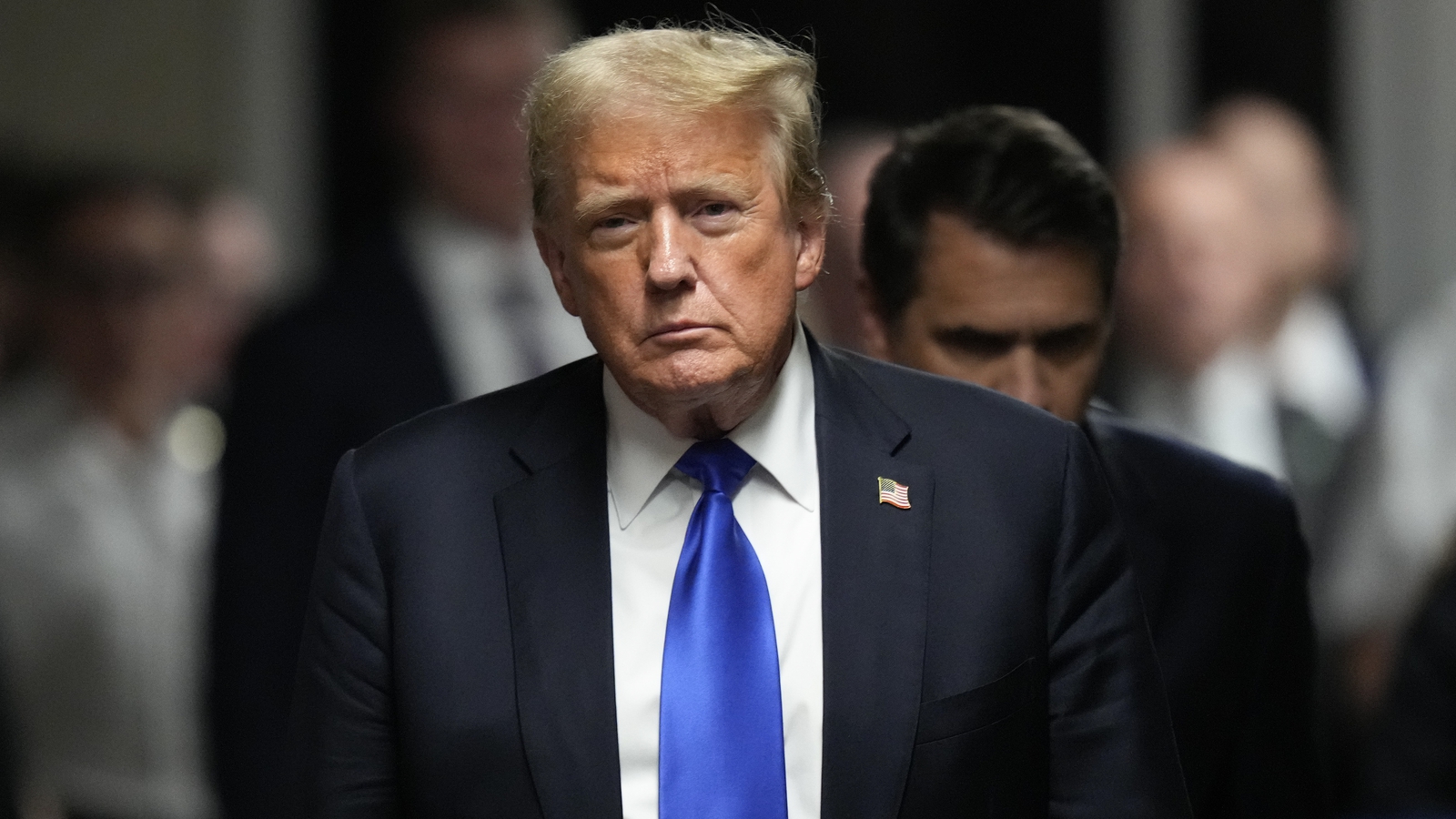Taoiseach in Kosovo for talks on EU membership

The Taoiseach is in Kosovan capital, Pristina, to meet the country’s leaders and hold discussions on Kosovo’s application for EU membership.
Tomorrow, Leo Varadkar will hold similar discussions in Podgorica, the capital of Montenegro, with its prime minister and president, and round off a two-day tour of the Western Balkans with bilateral meetings in North Macedonia.
Peace and security issues in the region, particularly in light of the war in Ukraine, will be another key focus of the trip.
This afternoon, the Taoiseach will meet 13 members of the Irish Defence Forces stationed in Pristina as part of the KFOR peacekeeping mission in the country.
He will also meet members of An Garda Síochána who are currently deployed with the EU’s rule-of-law mission in the country.
Ireland is a supporter of EU membership for the six applicant countries from the Western Balkans.
The Taoiseach’s discussions with leaders of the three countries over the next two days will focus on reforms required to join the bloc.
“I look forward to discussing how we in Ireland, and our partners across Europe, can help these three countries to achieve full EU membership,” said Mr Varadkar in a statement ahead of the visit.

The Taoiseach added that the “future of Kosovo, Montenegro and North Macedonia lies within the EU”.
Ukraine and Moldova’s rapid progress during the past 18 months towards starting formal accession talks this year has made the six Western Balkans countries eager to reinvigorate their own application bids.
The three countries on the Taoiseach’s itinerary this week are at different stages of the application process.
North Macedonia applied for membership as far back as 2004 and gained candidate status the following year.
But Skopje’s bid became bogged down due to regional disputes, first with Greece over the very use of Macedonia in its name and secondly, a dispute with Bulgaria over the rights of the Bulgarian minority in North Macedonia.
Montenegro’s application is the most advanced of all six countries in the region, and its government has so far opened 33 of the required 35 negotiation chapters.

The election of Montenegro’s centrist Europe Now party last August, led by Prime Minister Milojko Spajic, whom the Taoiseach will meet tomorrow, has given the country’s application renewed impetus.
Kosovo is arguably at the end of the queue and is striving for candidate status.
Mr Kurti’s government has an ambitious EU reform agenda to tackle corruption and build up a well-functioning judicial system – both major requirements from the European Commission.
The commission’s 2023 working paper on Kosovo found that “corruption remains an issue of concern”.
Kosovo applied to join the bloc in December 2022 and, aside from starting the long-term process of internal reforms, it faces a couple of immediate hurdles to get to the point of candidate status.
Firstly, it needs to convince five EU member states, including Spain and Greece, to recognise its independence.
Spain, sensitive about calls from separatists within its own borders for independence, only last week recognised the passports of Kosovan citizens, 15 years after Kosovo declared independence.
Secondly, relations between Kosovo and Serbia will need to normalise.
Over the past year, clashes have flared between northern Kosovo’s ethnic Serb minority and Kosovan authorities over a myriad of issues from a boycott of Kosovan local elections in late 2022 to rows over the mandatory use of Kosovan car licence plates.
Last September, 30 Serb gunmen clashed with Kosovan police at a monastery in the north of the country. Four people were killed.
“The Pristina government is working to accommodate the Serb areas in the north intro the structure of the country,” Jakob Bielamowicz, a Western Balkans analyst for the Institute of New Europe, told RTE News.
The violence in northern Kosovo has stalled the EU-supported Belgrade-Pristina Dialogue process, which had been making headway.
Last February, Serbia agreed to recognise Kosovan official documents for the first time, though not the state’s independence.
The prospect of EU membership is hugely popular in Kosovo, one of Europe’s poorest countries where the average annual income is about one-third of the EU average.
Since 1 January, Kosovan citizens can avail of visa free travel through the Schengen area for up to 90 days.




